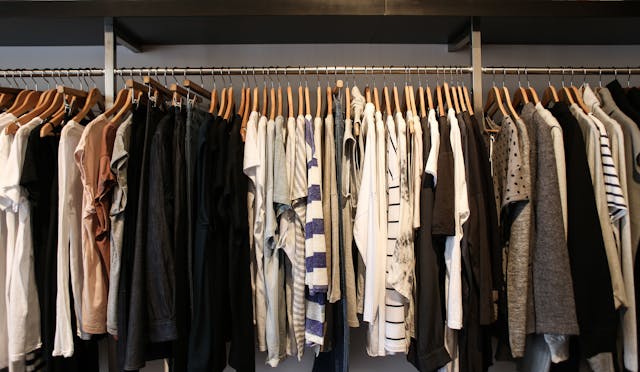France Launches Fee on Cheap Clothing to Cut Waste
France has approved a new environmental surcharge on low-priced fashion items in a bid to tackle pollution and overproduction in the clothing sector. The policy sets a €5 charge per garment, scheduled to increase to €10 by 2030, depending on a company’s environmental performance. The fee will be capped at 50% of the product’s pre-tax price. The plan also introduces a mandatory labeling system that rates each item’s ecological footprint, aiming to guide shoppers toward more sustainable choices and discourage short-term consumption.
EU to Reform Rules on Imports and Online Sales
In Brussels, the European Commission has proposed new trade regulations that would tighten oversight of low-cost fashion imports. The reforms include scrapping the current duty exemption for goods under €150 and imposing a €2 processing fee on all parcels shipped into the EU. The measures are designed to create fairer competition between European producers and overseas e-commerce platforms, while reducing the environmental strain caused by mass imports of disposable clothing.
Member States Advance Circular Fashion Measures
Several European countries are reinforcing these broader reforms with national initiatives promoting reuse and recycling. Sweden has reduced value-added tax on tailoring and clothing repairs to make maintenance more affordable, while the Netherlands has rolled out similar programs. Spain has gone a step further by requiring fashion brands to fund textile recycling and waste collection systems. Collectively, these policies mark a coordinated European push to slow the pace of fast fashion and foster a more sustainable clothing economy.


